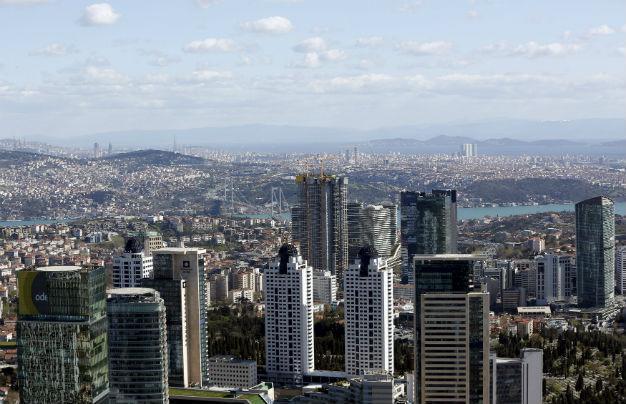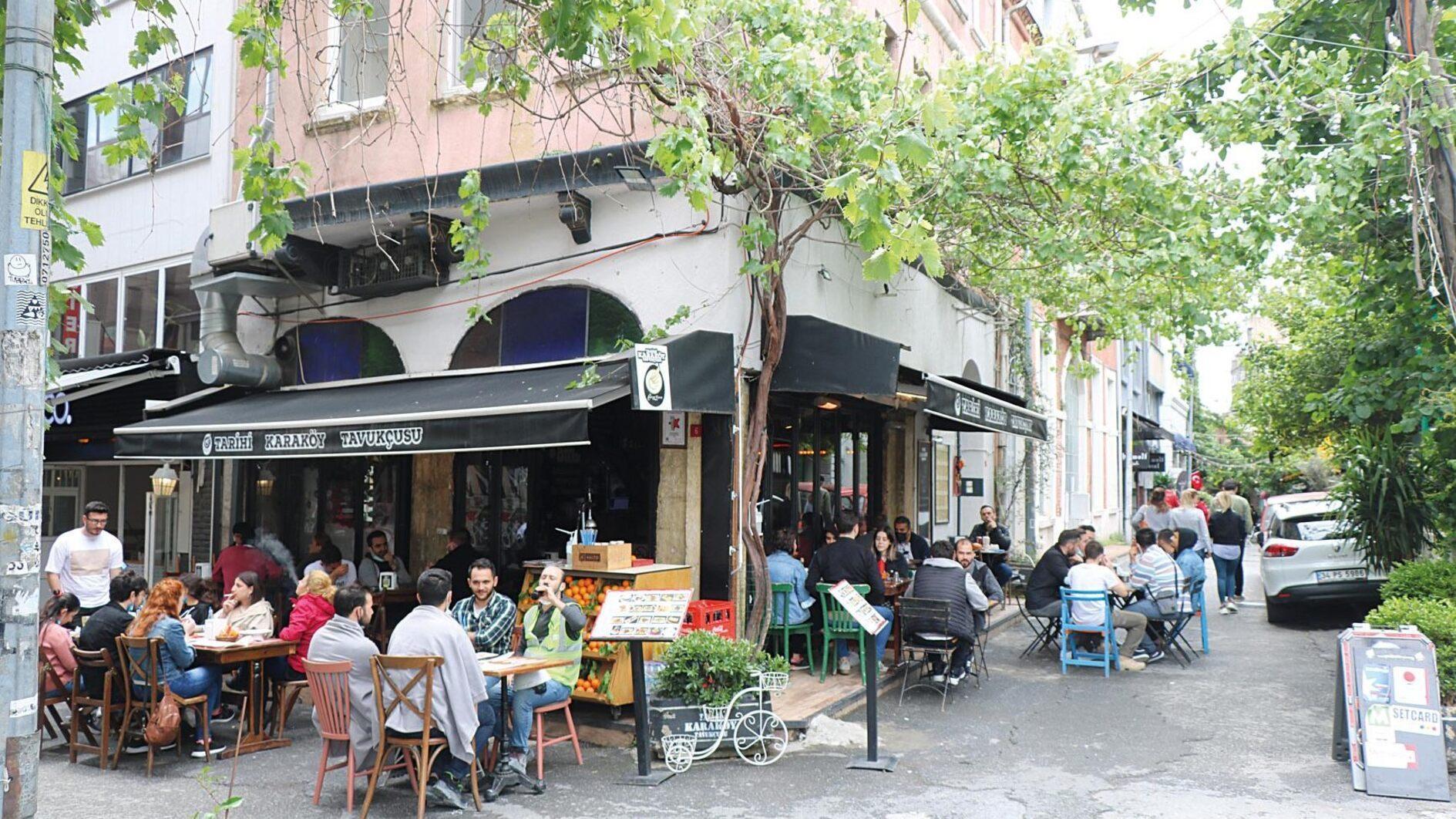World Bank: Turkey growth to slow to 3.5 pct in 2016
ANKARA

REUTERS photo
Growth in Turkey increased to 4 percent in 2015, reflecting stronger private and public consumption, but is expected to slow down to 3.5 percent in 2016 because of a more negative contribution from net exports compared to 2015, according to the April edition of the World Bank’s Turkey Regular Economic Brief.“We project growth to slow to 3.5 percent in 2016 because of a more negative contribution from net exports compared to 2015. Imports recovered sequentially in the fourth quarter of 2015, earlier than expected, and are likely to maintain this momentum throughout 2016. The external challenges will constrain export growth at a very low rate in 2016,” said the brief, issued in Ankara on April 29.
The World Bank projects external demand to continue to be weak in 2016 amid geopolitical risks and ongoing problems with Russia.
The report warned that Turkey’s real exports to the EU lost momentum early this year and are likely to grow modestly in the remainder of the year, while geopolitical problems in the Middle East and North Africa will continue to damage Turkey’s exports to the region.
“With a likely contraction in Russia’s output and no resolution of tensions, exports to Russia will continue to fall in 2016. In addition, the downward trend in tourism revenues is expected to continue in 2016, because of an expected sharp drop in visitors from Russia and lower arrivals from Europe,” said the bank.
It did not change its growth estimate for 2017 of 3.5 percent.
The estimates are lower than the government’s estimates for both 2016 and 2017, which are 4.5 percent and 5 percent respectively.
Private consumption again ‘main driver of growth’
According to the World Bank, the minimum wage increase will boost private consumption and keep it as the main driver of growth in 2016. Public spending is also expected to contribute to growth, albeit at a decelerating pace.
“The recent increase in terrorist activity, as well as the unrest in the southeastern region, are the downside risks to our growth forecast,” it noted.
According to the brief, continued lower oil prices will help bring Turkey’s current account deficit to around 4.1 percent of GDP in 2016. The foreign exchange pass-through is phasing out, thanks to the stabilization of the lira, but demand pressures are likely to arise towards the second half of the year because of strong consumption, making disinflation a slow process.
Inflation is projected to be at 8.5 percent by end-2016, said the bank.
The general government budget deficit is expected to widen to 1.8 percent in 2016, from a balanced budget in 2015.
“The government’s revised Medium Term Program assumes a notable rise in expenditures due to election promises, but with a limited increase in the deficit (to 0.7 percent of GDP). The target reflects a stronger revenue performance than our estimate, because of the government’s 4.5 percent GDP growth assumption. By contrast, we forecast a larger deficit in 2016, as we anticipate a weaker revenue performance given our slower GDP growth projection,” it noted.
The brief also noted that private investment has remained depressed for the last four years.
“Weak private investment is now a structural rather than a cyclical problem. Leverage in the corporate sector has risen rapidly in the aftermath of the global crisis; thus, the room for debt financed growth has narrowed. Moreover, lira depreciation has strained balance sheets and raised the debt service burdens of the corporate sector, which has sizable foreign exchange exposure. These have weighed heavily on private investment by deteriorating investor confidence, along with a widespread perception of deteriorating institutional quality and business climate,” it warned.
















